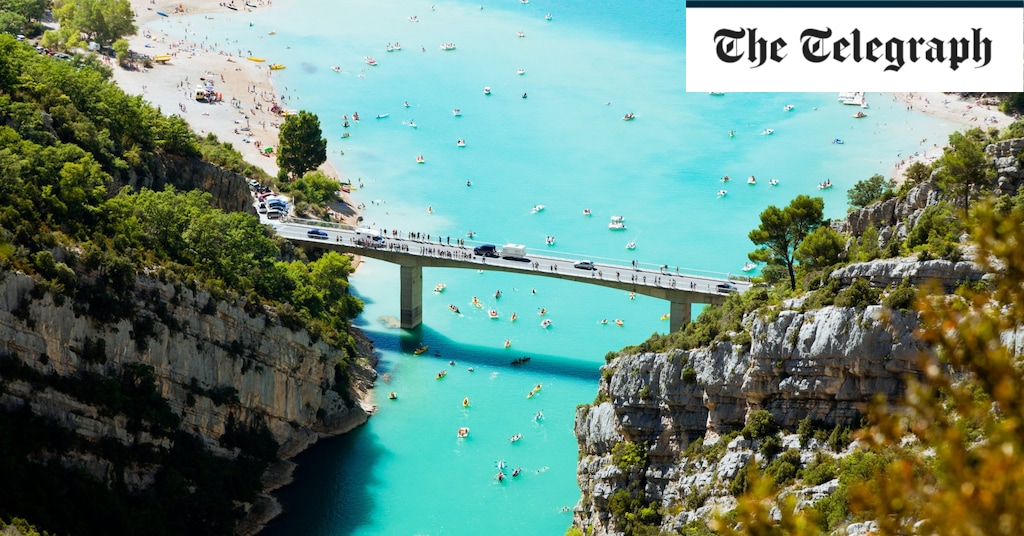You put on weight just by arriving in the deep green, double cream Normandy landscape. Rich vittles – cream, butter, cheese, beef, cider, teurgoule (a sort of rice pudding), calvados – come at you along all the country lanes. OK, Normandy oysters are low-calorie and unbelievably healthy, but no-one gets by on oysters alone.
Of course, landing in Normandy wasn’t always fattening. When the good guys came ashore in June 1944, they didn’t break often for rich lunches. That said, they were, among very much else, honouring millennial links with England. William the Bastard set out from here to become “the Conqueror”.
East Lancashire Regiment squaddies, stationed near the cliff-rich Alabaster Coast during the Great War, developed a taste for Bénédictine liquer produced in Fécamp. Burnley remains its number one market. David Hockney now lives, paints and smokes in the Postman Pat countryside of the Pays d’Auge, inland from Deauville. Granted, we burned Joan of Arc at the stake in Rouen in 1431, but that was a hiccup. Black pudding links between Bury (UK black pudding capital) and Mortagne-au-Perche (French black pudding HQ) are more relevant these days.
Unmissable sight: The Mont Saint Michel is the most mesmerising monument in France. From the bay, it rises as if borne from a more sublime dimension. Imagine Westminster abbey wrapped around a rock.
My favourite hotel: In the forest just outside the small spa town of Bagnoles-de-l’Orne, the Manoir du Lys is a family-run country-house hotel, with an ace restaurant (doubles from £131).
Emblematic dish: Pigeon à la rouennaise. Traditionally, the dish – devised by Louis Convert, cook to our Edward VII – stars duck, in a sauce of blood and bone marrow. At Gill in Rouen, chef Gilles Tournadre adapts this to pigeon, with foie gras stuffing and herb ravioli. There is no better fate for a pigeon.










